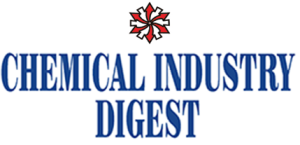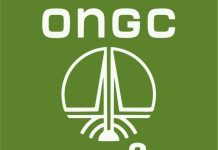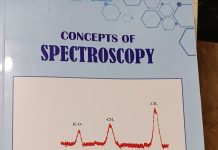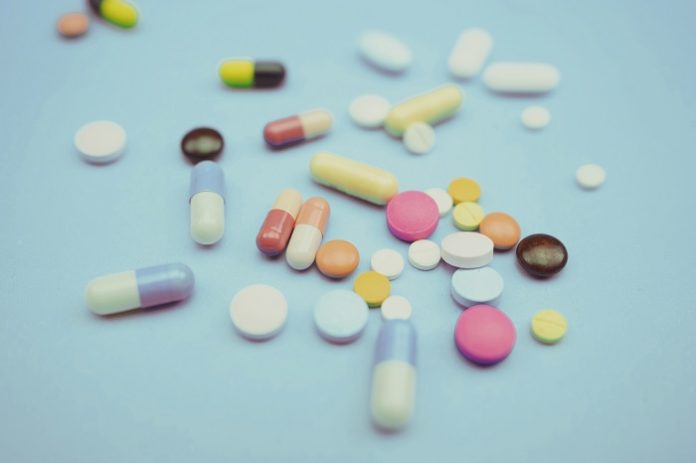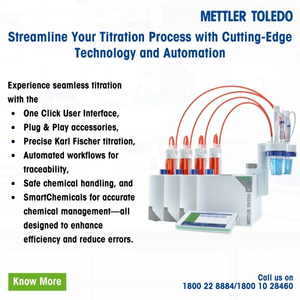Painkillers, anti-infectives, and medications for type-2 diabetes were flagged most frequently as not of standard quality (NSQ) or spurious in 2024.
The data comes from drug alerts issued by the Central Drug Standards Control Organisation (CDSCO) between January and October.
Over 600 Drugs Found Substandard
The CDSCO, along with state drug authorities, flagged 618 drugs and formulations as NSQ and identified 19 as spurious during the first ten months of the year.
Analgesics, commonly used to treat fever, migraines, period pain, and muscle pain, were among the most frequently flagged categories.
These included formulations combining paracetamol with ibuprofen, diclofenac, and mefenamic acid.
According to Pharmarack, a market research firm, analgesics contribute significantly to the Indian pharma market (IPM), generating a moving annual turnover (MAT) of ₹15,179 crore as of October 2024.
Anti-Infectives Under Scrutiny
Anti-infectives, including antibiotics, anti-bacterial, and anti-fungal medications, were also flagged repeatedly.
This category forms the third-largest revenue contributor to the IPM, with an MAT of ₹25,682 crore in October 2024.
While the CDSCO drug alerts list formulations and drug combinations, they do not provide the total number of samples tested since March 2024.
Frequently failing anti-infective formulations include fixed-dose combinations (FDCs) like cefixime, azithromycin, and lactobacillus.
Diabetes and Hypertension Drugs Face Quality Issues
Medications for type-2 diabetes and hypertension were also found substandard frequently.
Flagged drugs include glimepiride tablets and diuretics like spironolactone tablets. These therapies rank fourth in terms of revenue contribution to the IPM.
Type-2 diabetes remains a significant health challenge in India, with the World Health Organization estimating that 77 million adults suffer from the disease, along with 25 million pre-diabetics at risk of developing it.
Popular Gastrointestinal Drugs Found Spurious
Some gastrointestinal (GI) drugs also faced scrutiny. For instance, batches of Pan D, marketed by Alkem Laboratories, were flagged as spurious for three consecutive months.
The CDSCO alerts identified 19 brands with spurious batches, including well-known names like Taxim-O 200 (Alkem), Rosuvas 10 (Sun Pharma), calcium supplement Shelcal 500 (Torrent Pharma), and Telma H (Glenmark Pharma).
Manufacturers Deny Allegations
The flagged companies denied their involvement, claiming the tested batches were counterfeit and not produced by them.
Under the Drugs and Cosmetics Act, a drug is considered spurious if it is manufactured under a different name. It is also deemed spurious if it imitates another drug or falsely claims to be from a specific manufacturer.
Lack of Comprehensive Data
Despite issuing alerts, the CDSCO has not disclosed the total number of drug samples tested since March 2024.
This absence of data leaves only the absolute figures of flagged drugs, offering limited insights into the overall scale of the issue.
As reported by business-standard.com, authorities aim to uphold public safety. They plan to achieve this by ensuring transparency and enforcing stricter regulations. This approach also seeks to improve the quality of medicines available in the market.
